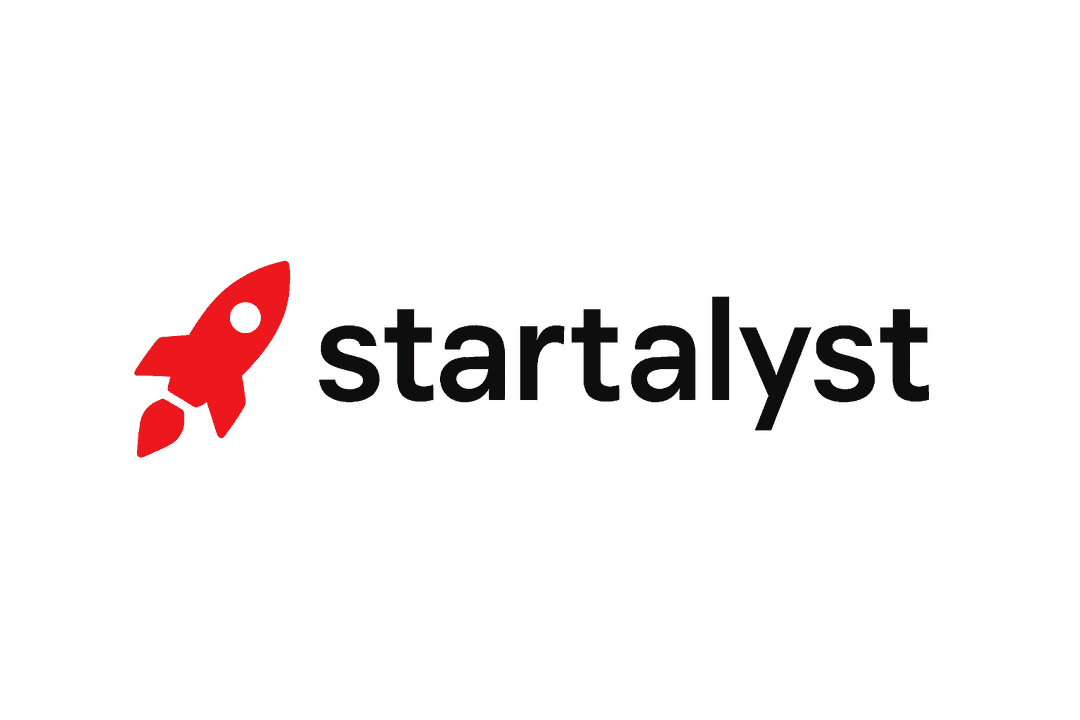Funny Business Ideas Starter Guide
How to Get the Best Results
Start specific and small when testing funny business ideas. Pick one narrow joke, one product format, and one audience, then make a simple offer and measure whether people laugh and buy.
Use quick media like short video clips, mockups, or a weekend market stall to validate demand before you scale. Focus on repeatable formats you can iterate on, like a recurring gag box or a themed prank kit series.
Step 1 — Who are you?
Identify your practical strengths and how they map to comedic offers; below are examples you can use or adapt.
- High school teacher — storytelling — You can structure funny business ideas into themed lesson parodies that sell as printable kits.
- Graphic designer — visual design — You can create distinctive packaging and witty product artwork that stands out on shelves and feeds.
- Retail clerk — merchandising — You can test which gag items attract impulse purchases with simple shelf displays.
- Standup comedian — timing — You can craft punchy product copy and video ads that land the joke fast and convert viewers.
- Social media manager — audience targeting — You can launch micro-campaigns to niche interest groups and measure engagement quickly.
- Crafters and makers — hands on production — You can prototype limited runs of novelty items to check demand without big spend.
- Event planner — logistics — You can organize pop-up comedy booths or themed experiences that monetize live laughs.
Step 2 — Add interests & skills
Pick interests and skills that amplify the kinds of funny business ideas you want to build and use them to narrow product and channel choices.
- Sketch comedy You can record short scripted bits that showcase a product's absurdity for social ads.
- Video editing You can splice quick reaction clips that make prank kits shareable on short form platforms.
- Illustration You can design recurring character mascots that carry a line of novelty goods across seasons.
- Print on demand You can test flavor-of-the-week shirts and mugs with zero inventory risk.
- UX writing You can write microcopy that turns checkout into a punchline and increases conversions.
- Podcasting You can serialize absurd product ideas and sell themed bundles to listeners.
- Local marketing You can stage guerrilla stunts that drive foot traffic and earned media for live offers.
- DIY electronics You can prototype novelty gadgets that surprise users and command higher margins.
- Gift wrapping You can offer curated humor packages timed to holidays to increase average order value.
- Copywriting You can craft irresistible punchlines that improve ad clickthrough rates for comedic products.
- Photography You can produce crisp product shots that make silly items look desirable and collectible.
- Community building You can nurture a fan club that preorders themed releases and spreads word of mouth.
Step 3 — Set available capital
Choose a budget range to match the scale of tests you can run and the level of polish your funny business ideas will show.
- ≤$200 Focus on digital experiments, cheap prototypes, or printables; use social reels and marketplaces to validate concepts quickly.
- $200–$1000 Invest in small inventory batches, basic ad tests, or market stall fees to get real purchase signals and iterate from feedback.
- $1000+ Fund higher-quality manufacturing, multi-channel ads, or a small launch event to position your product as a polished novelty brand.
Step 4 — Choose weekly hours
Be honest about time so you pick funny business ideas that fit your schedule and allow consistent testing.
- 1–5 hours Prioritize ideas that rely on repurposing content, like creating short videos or printable jokes that you can batch in an hour.
- 6–10 hours Allocate time for small production runs, customer interactions, and targeted ads to validate both concept and price.
- 10+ hours Build systems for scaling, such as supplier relationships, inventory workflows, and regular content production for audience growth.
Interpreting your results
- Look for consistent signals rather than single spikes: repeat purchases, shares, and direct messages asking where to buy are stronger than a single viral day.
- Track a few simple metrics that matter for funny business ideas: cost per acquisition, conversion rate on the product page, and repeat purchase rate over 30 days.
- Qualitative feedback is gold for humor products, so record what customers say about the joke and adjust tone, size, or price accordingly.
- If a concept gets engagement but not purchases, try changing the price, bundling with a practical item, or improving the perceived value with better photos.
- Respect boundaries when selling pranks; avoid products that could cause harm or legal trouble, and clearly label risky items to reduce returns and bad reviews.
Use the generator above to mix backgrounds, skills, budgets, and hours until you land a repeatable funny business ideas concept you enjoy and that customers keep buying.
